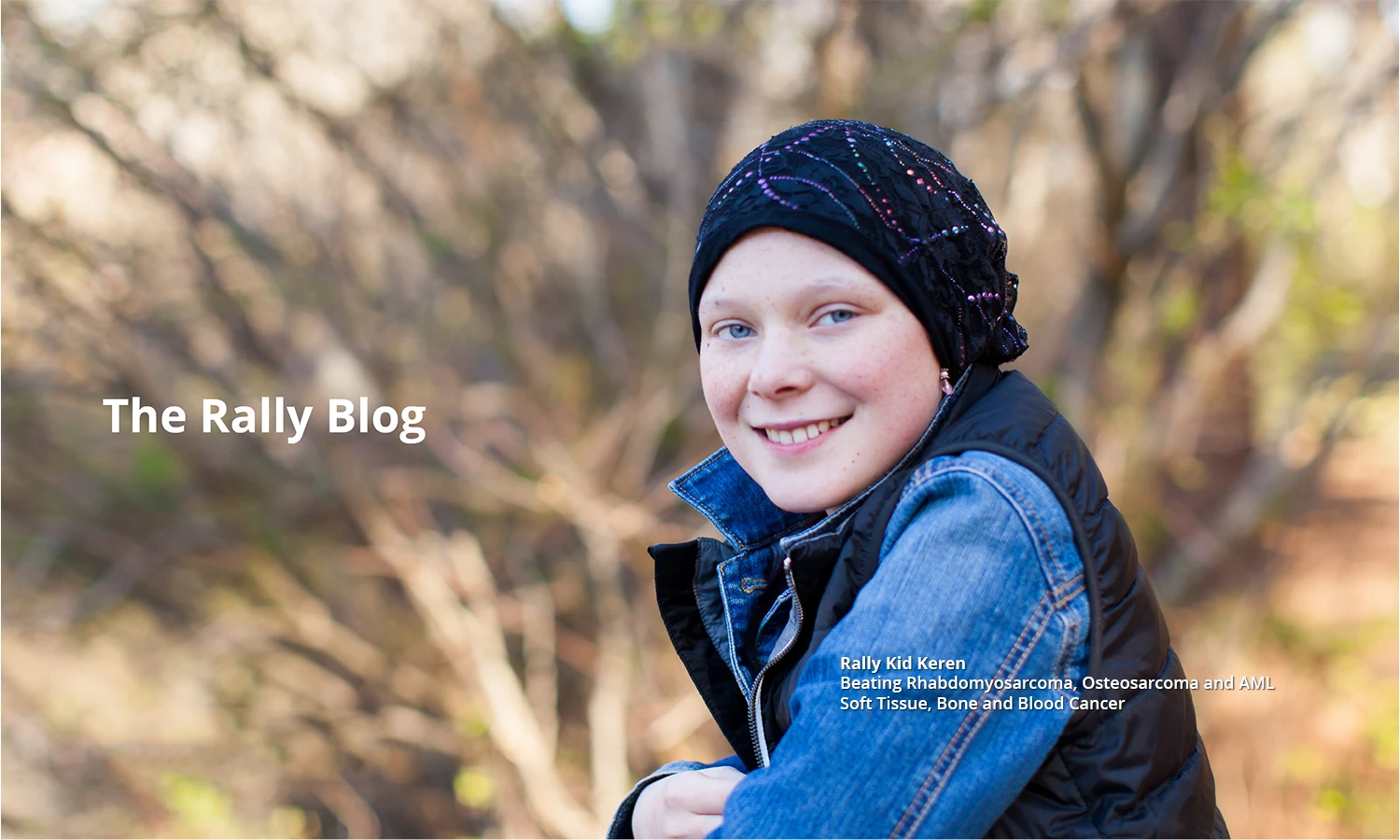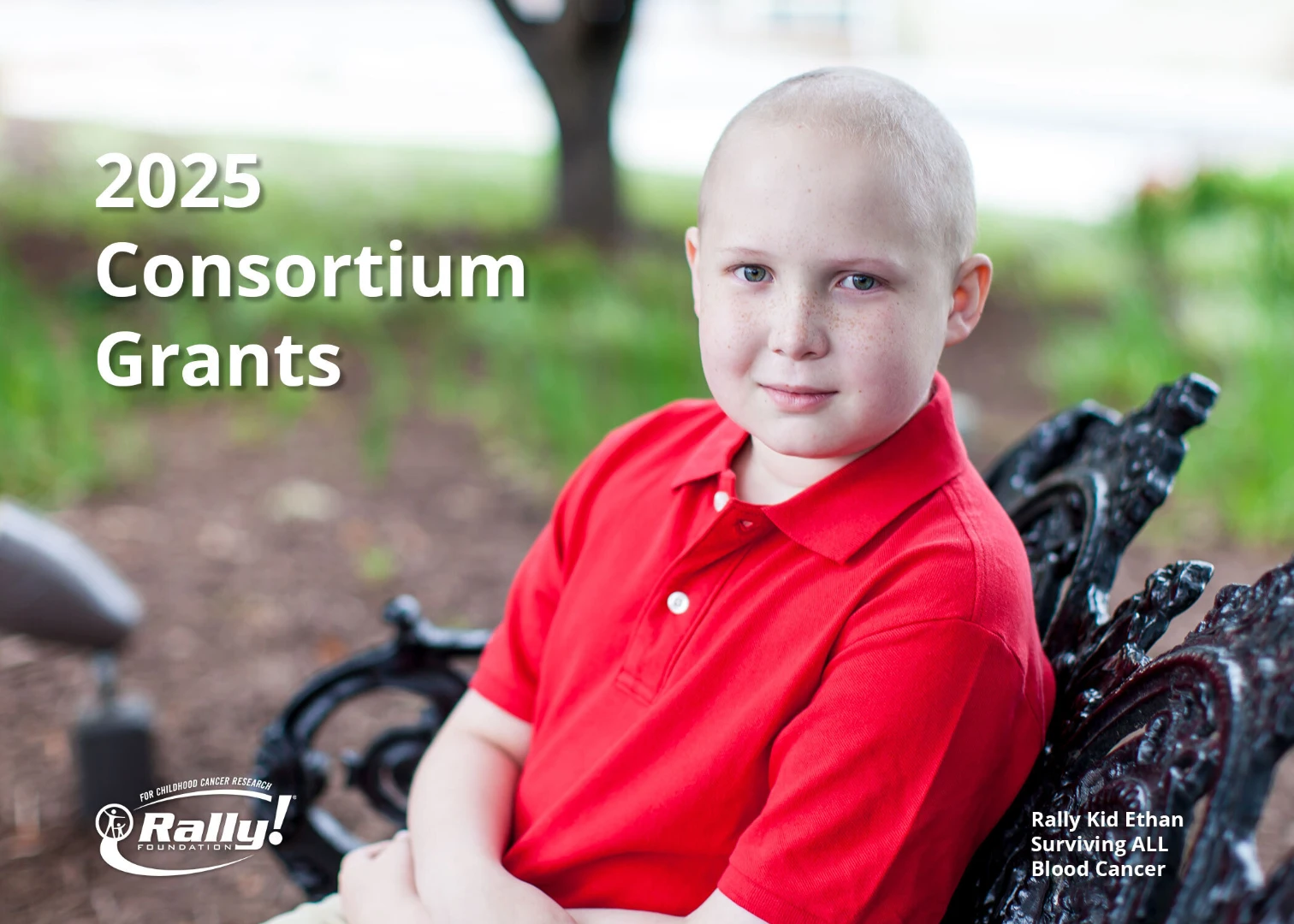
Rally Announces $800K in Awards to Consortium Grants
We are thrilled to share that Rally Foundation has awarded a total of $800,000 in funding for Consortium Grants this year. So, what...

Rally Foundation Announces More Than $1M for Independent Investigator Grants
Rally is thrilled to announce that $1,087,500 has been awarded through this year’s Independent Investigator Grants — supporting innovative...
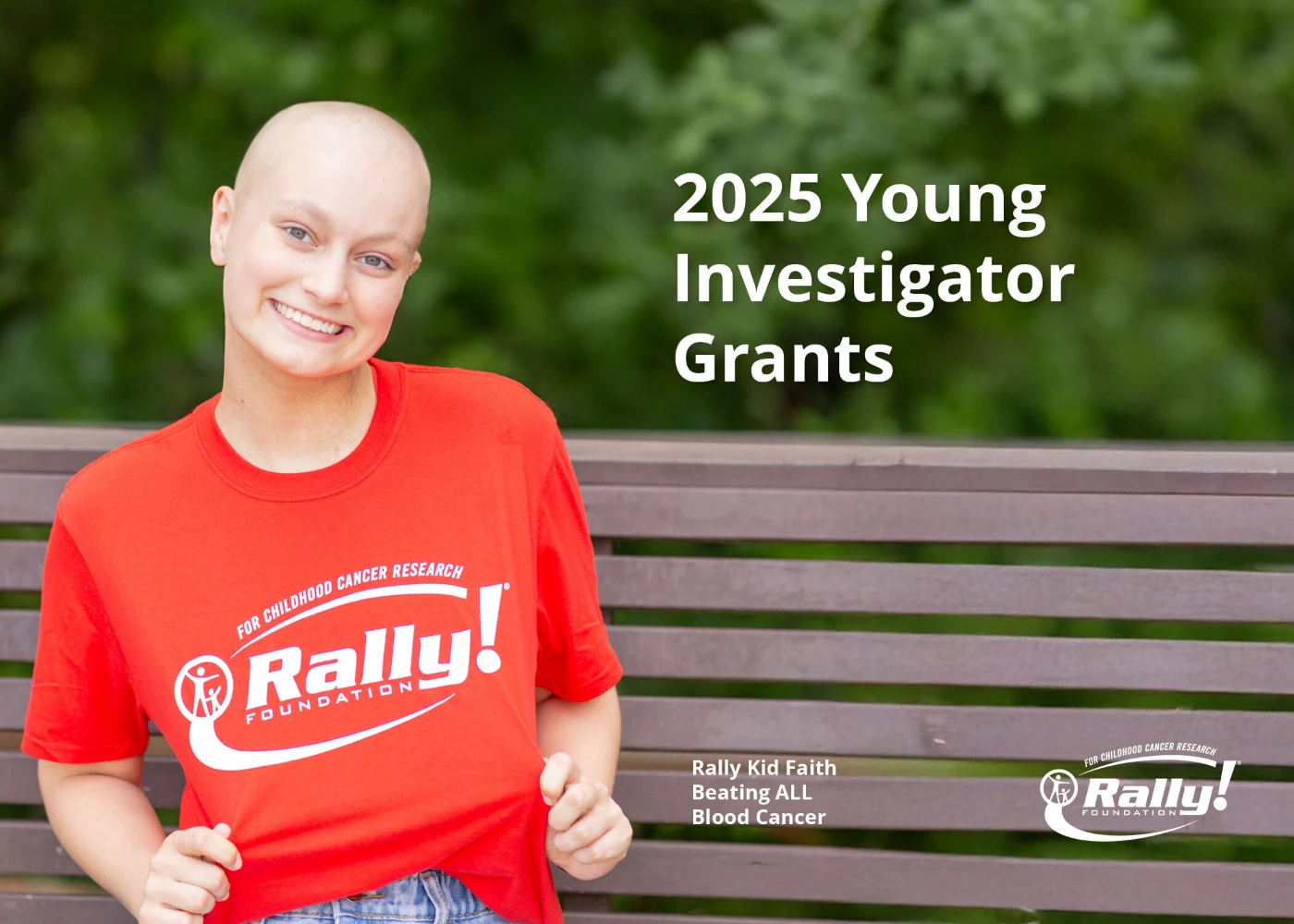
$650,000 for Rally-Funded Young Investigator Grants
We’re delighted to announce the $650,000 awarded for this year’s Young Investigator Grants — supporting the next generation of childhood...

Rally Is Thrilled to Announce $600,000 Awarded to Our 2025 Postdoctoral and Clinical Research Fellow Grants
At Rally, we know the future of pediatric cancer research lies in the hands of the next generation of researchers. Many childhood cancer...

Rally Foundation Awards $5.5M for a Record Number of Grants to 75 Childhood Cancer Researchers
In 2025, Rally Foundation for Childhood Cancer Research (Rally) is thrilled to award a total of $5.5 million in childhood cancer research...
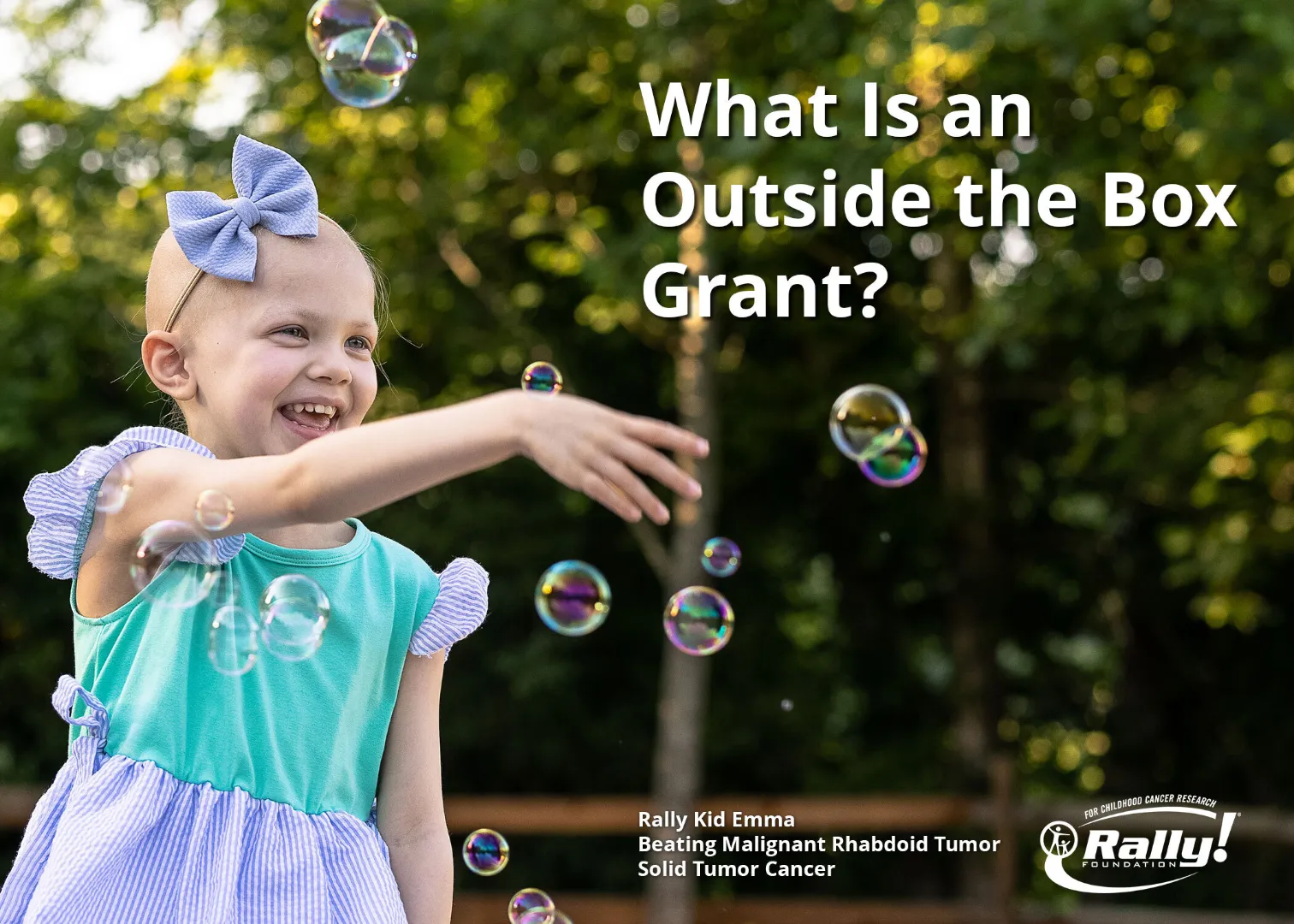
What Is an Outside the Box Grant?
What Is an Outside the Box Grant? Outside the box thinking is critical for progress in any field. For childhood cancer, outside the box...

What Is a Rally Career Development Award?
Career development awards are important. But why? Investigators in their first independent faculty appointment are at a critical career...

What Is a Consortium Grant?
What exactly is a consortium? Let us explain. Rally Foundation for Childhood Cancer Research (Rally) defines a consortium as three or more...

Five Pediatric Cancer Bills Cut From the 2025 Budget
Your Voice Matters Now More Than Ever We were so close to an epic year for childhood cancer. We had six bills that were in the end of year...
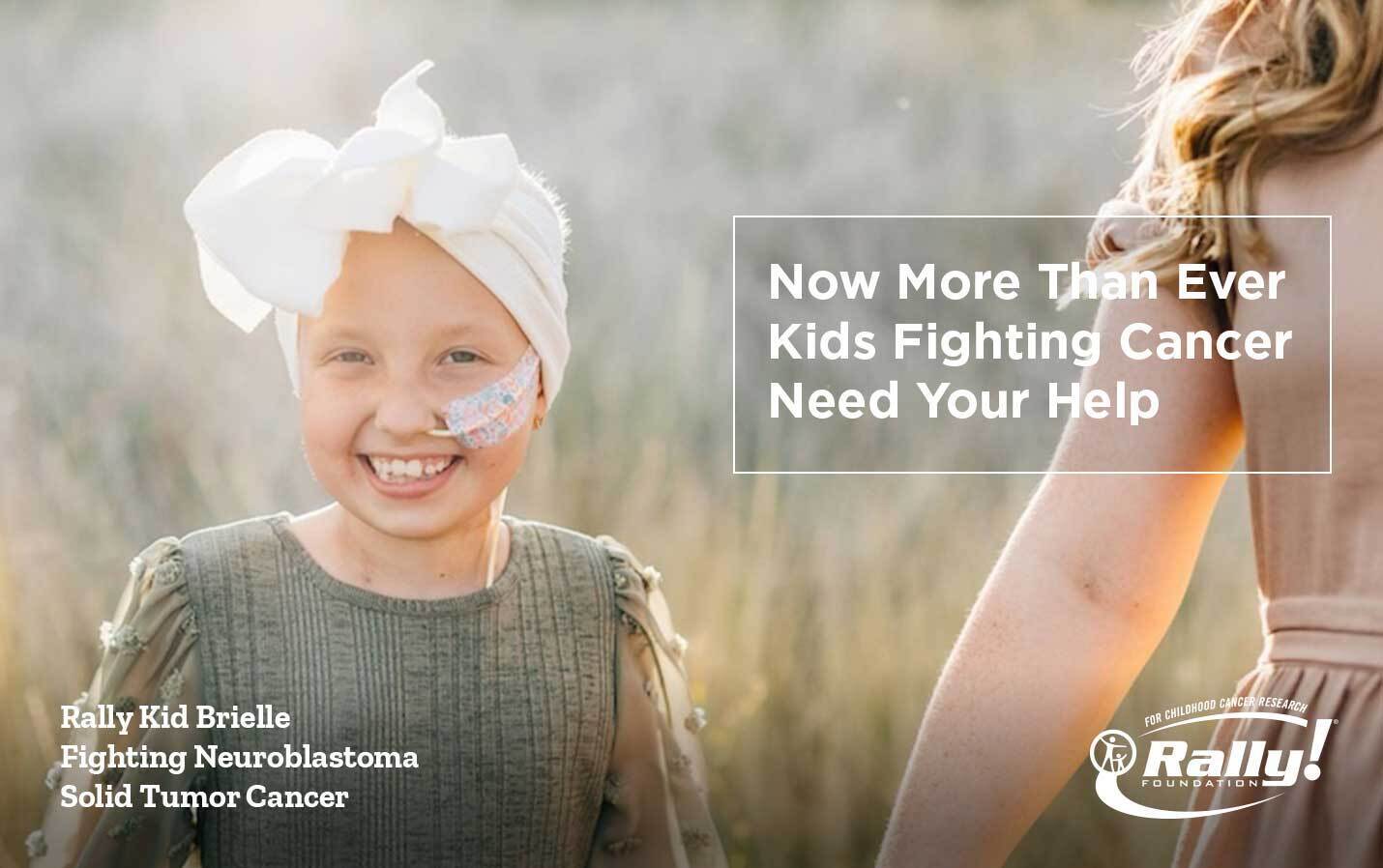
Dean’s Letter – December 2024
I love seeing pictures of our Rally Kids. But this one of 10-year-old #RallyKid Caroline hugging her older brother, Jack, hit me right in...
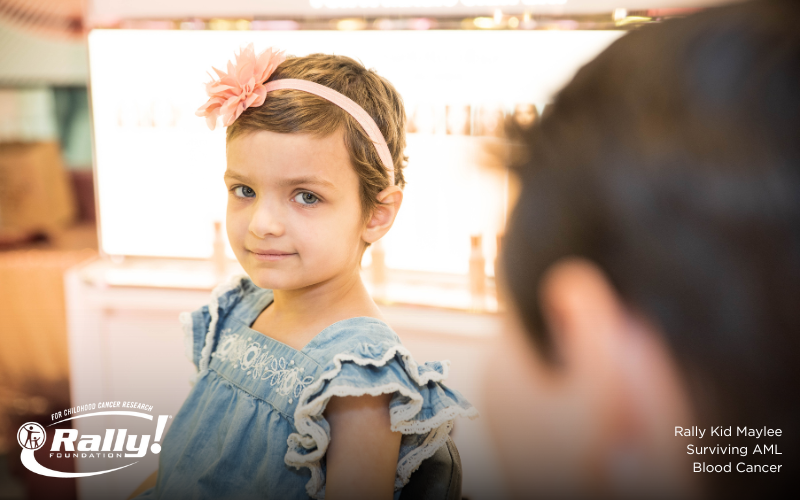
What is Acute Myeloid Leukemia (AML)?
Acute myeloid leukemia (AML) is a blood cancer of the myeloid cells that normally form white blood cells, red blood cells or platelets. AML originates in the bone marrow, where the leukemia cells build up and overcrowd normal cells. The leukemia cells often move into the bloodstream fairly quickly. AML is the second most common form of childhood leukemia, after acute lymphoblastic leukemia (ALL). AML is much more common in adults versus children; the average age of diagnosis is 68. There are...
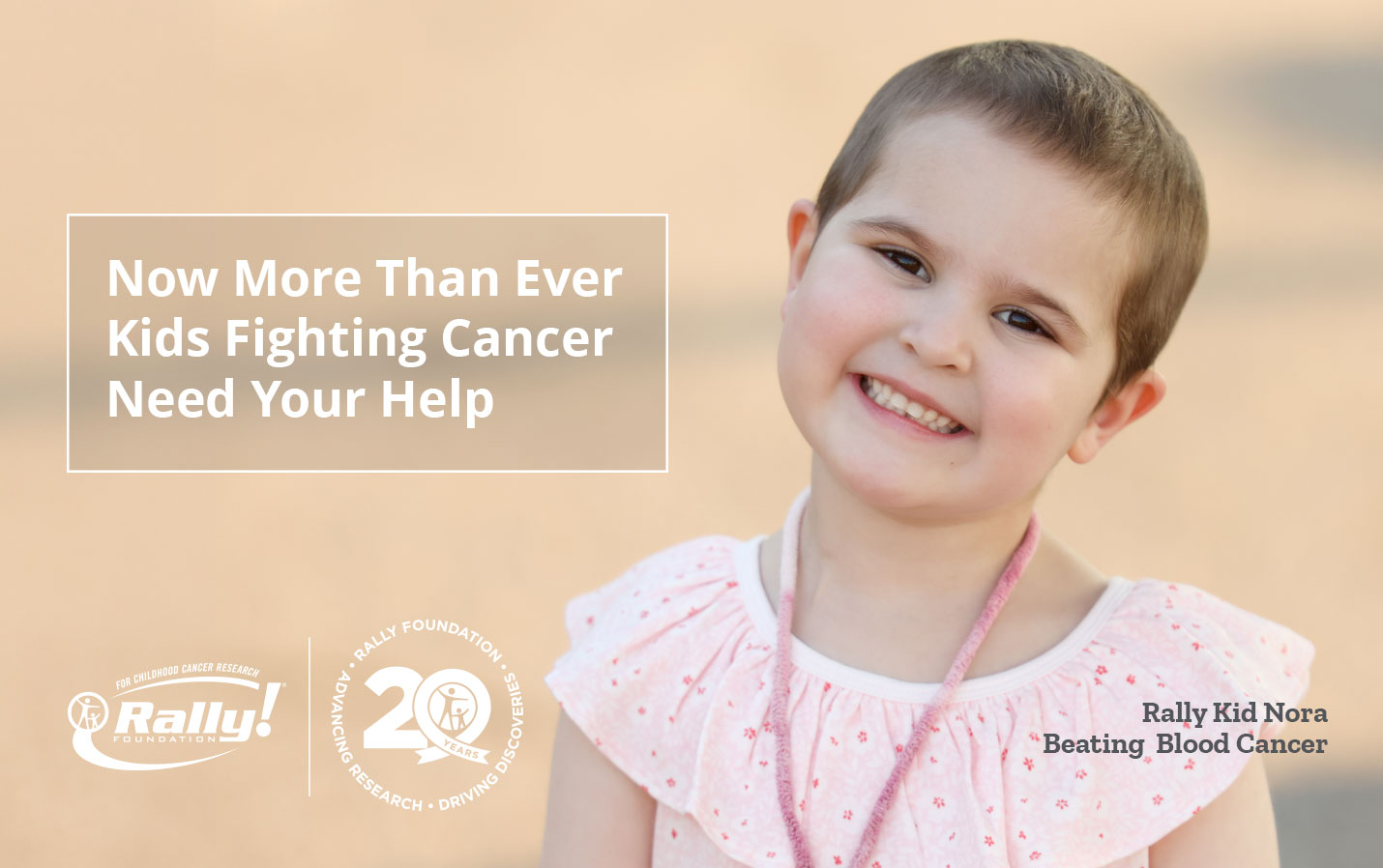
Dean’s Letter – December 2025
Twenty years ago, Rally was birthed from a prayer circle in a driveway. William Olson, a junior in high school, was battling brain cancer for the second time. A group of women gathered in the driveway three days a week for over a year to pray him through treatment. That is where I started learning about childhood cancer. It was awful. One day William had a horrific reaction to a transfusion and almost died. I looked at William’s mom and asked a simple question that changed everything: “What...
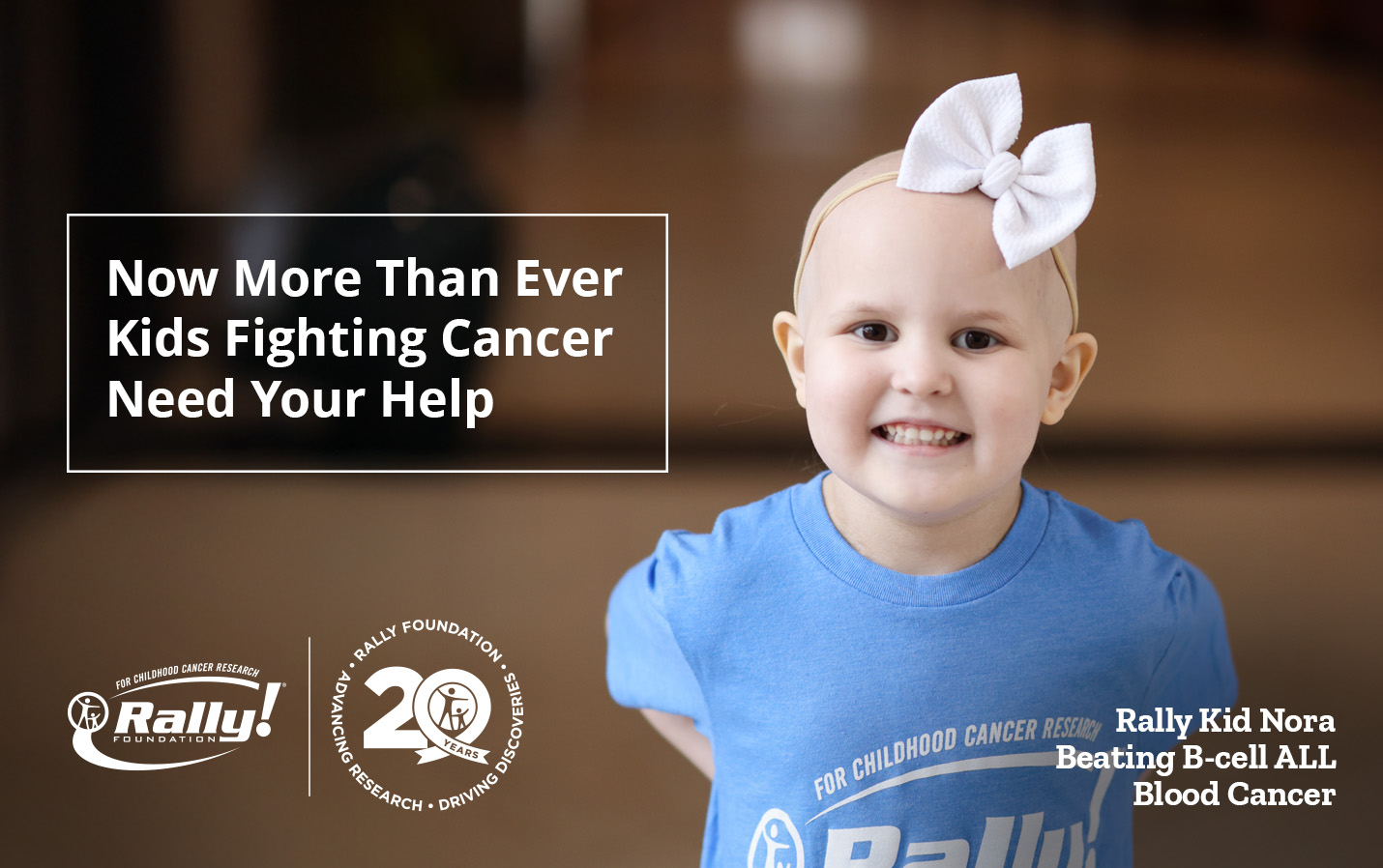
A Message From Nora
Hi! My name is Nora. I am 7 years old and I have a blood cancer called ALL — for a second time. The first time, I was 4 years old and I had to miss a lot of fun things because I was in the hospital. It wasn’t fun doing the treatments, and we had to go to another city for my medicines. After a while I got to go back to my dance and tumbling classes with my friends. I love playing with my brothers, too! But then the cancer came back. I was so sad. We have to go to a hospital in another town,...
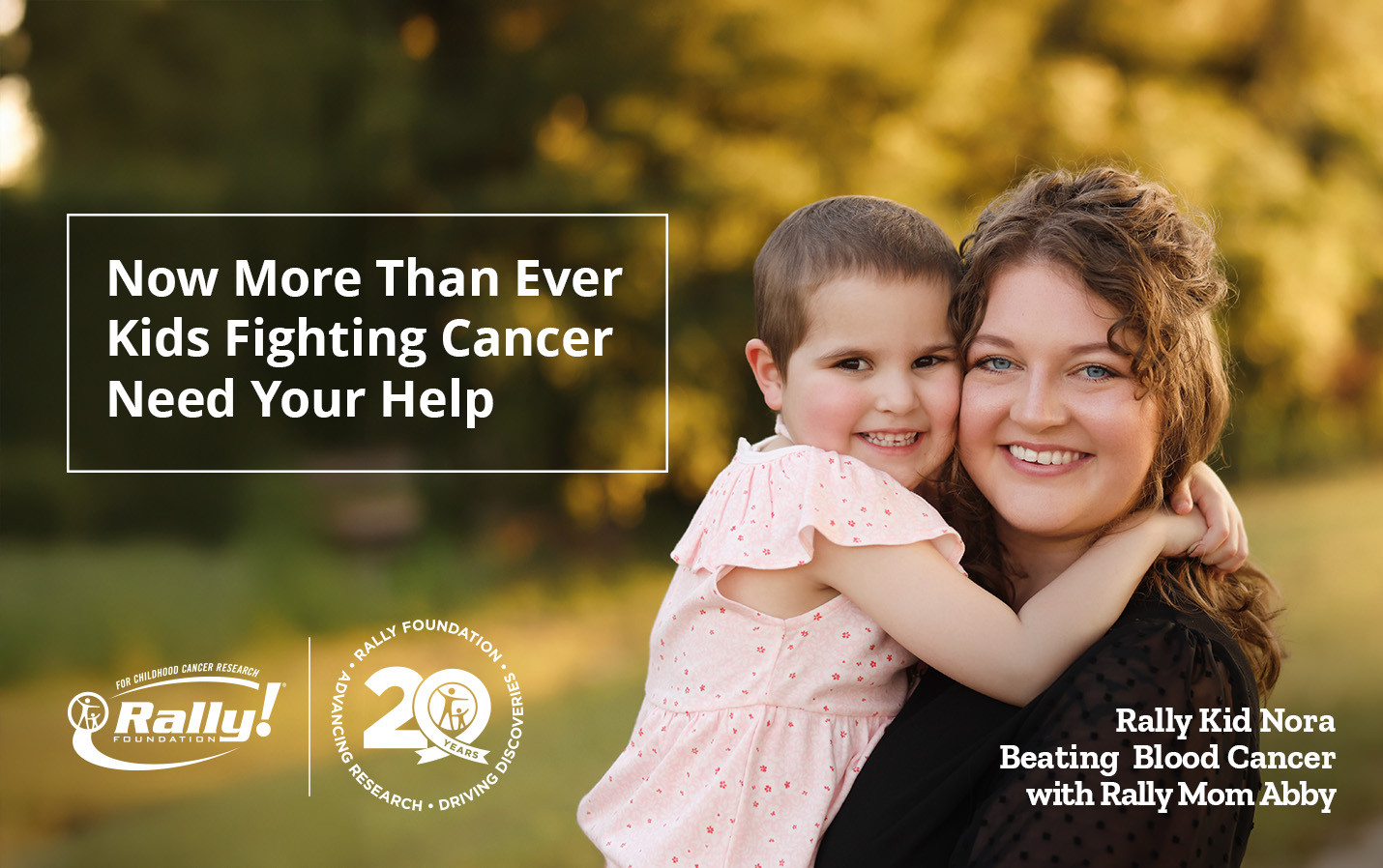
Rally Kid Nora: Fighting for Her Future — Again.
Dance, tumbling, playing outside and all things pink — these are the joys that light up Rally Kid Nora’s world. She loves to go to school and spend time with her two brothers, just like most kids her age. Nora isn’t like most kids, however. Her life and activities have been altered by childhood cancer. Nora was just 4 years old when her parents heard the words, “Your child has high-risk B-cell acute lymphoblastic leukemia (ALL).” Even after treatment began, the shock hadn’t worn off. “We were...
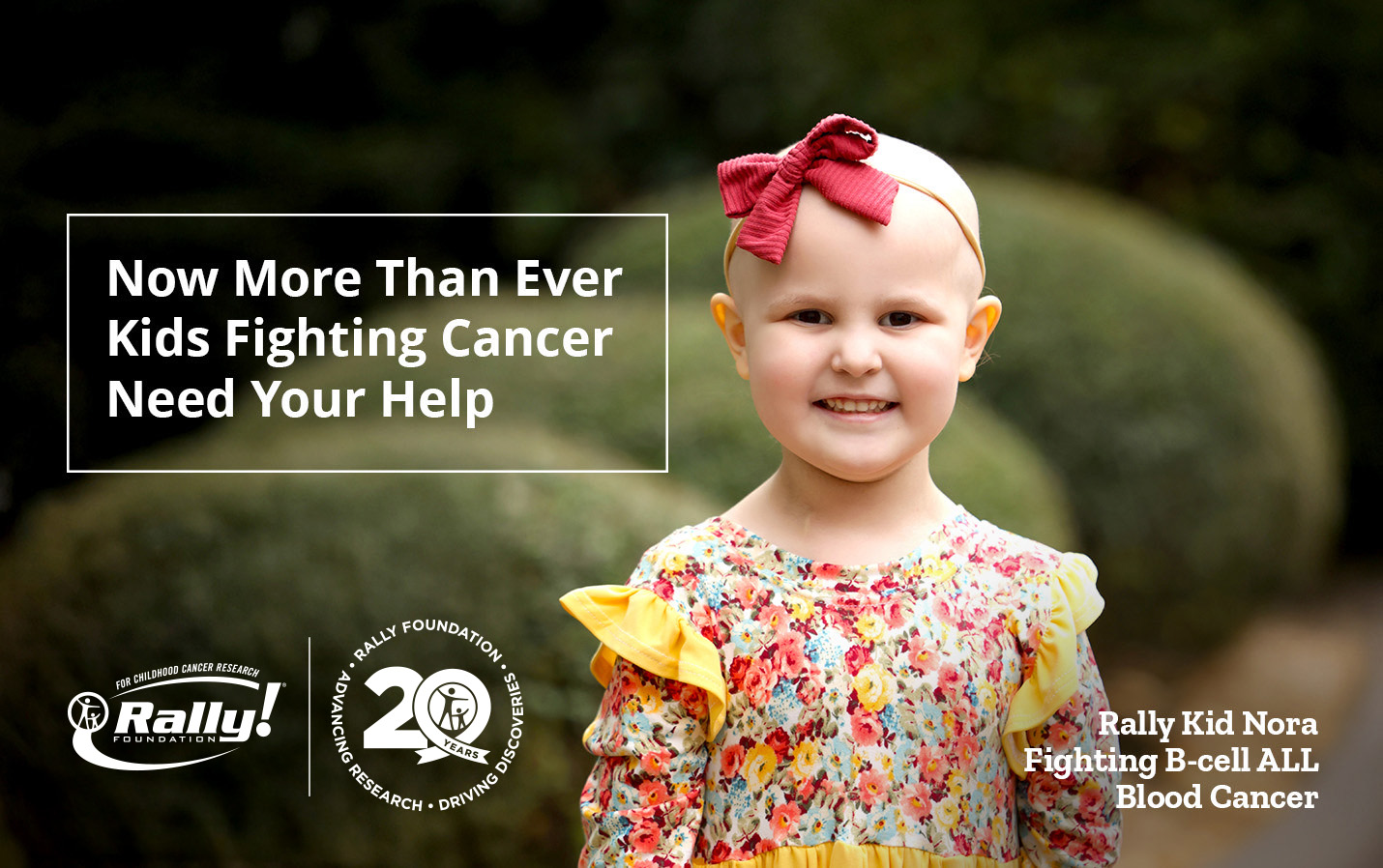
Nora’s Journey With Cancer: The Spirit of a Fighter
Like most 4-year-old girls, Nora was full of life — happy, energetic and always on the go. Nothing seemed out of the ordinary until her parents noticed a deep bruise on her shoulder blade. They didn’t think much of it at first, but then more bruises began to appear in places where they shouldn’t. Nora also started feeling unusually tired, which wasn’t typical for this spunky girl. Her parents chalked it up to being “Disney tired” from a recent magical family trip. But when Nora spiked a fever...
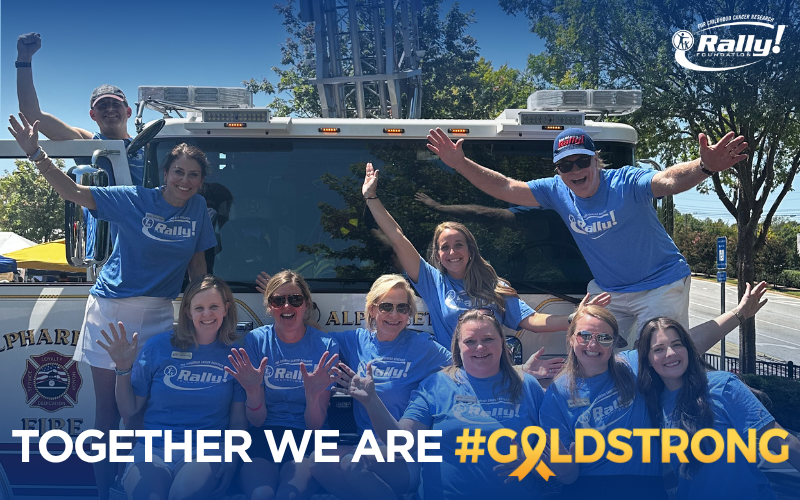
Childhood Cancer Awareness Month 2025
September is Childhood Cancer Awareness Month — and this year, Rally Foundation for Childhood Cancer Research is celebrating 20 years of impact! We have an incredible lineup of events and activities planned all month long to raise awareness and critical funds for childhood cancer research. Join us in making this milestone year one to remember. Check back often to see new events as they are added throughout September. Click the buttons below to see what’s happening nationwide and in specific...
